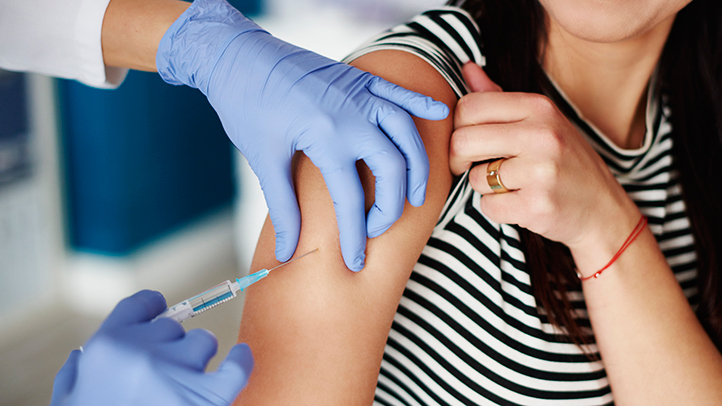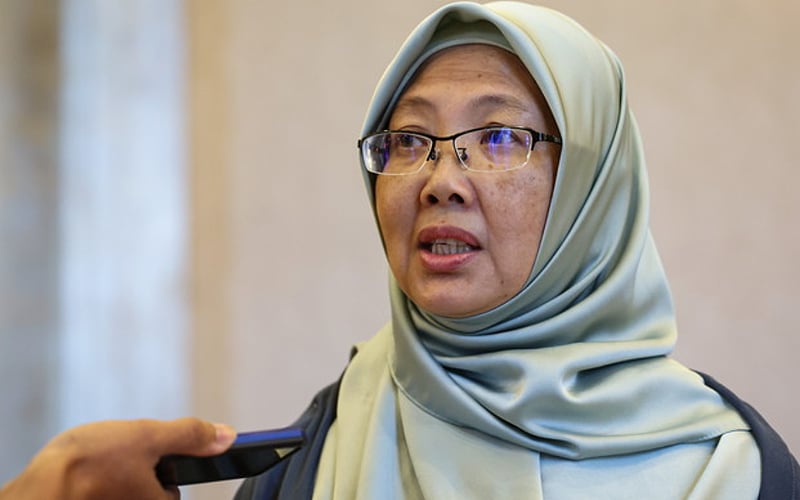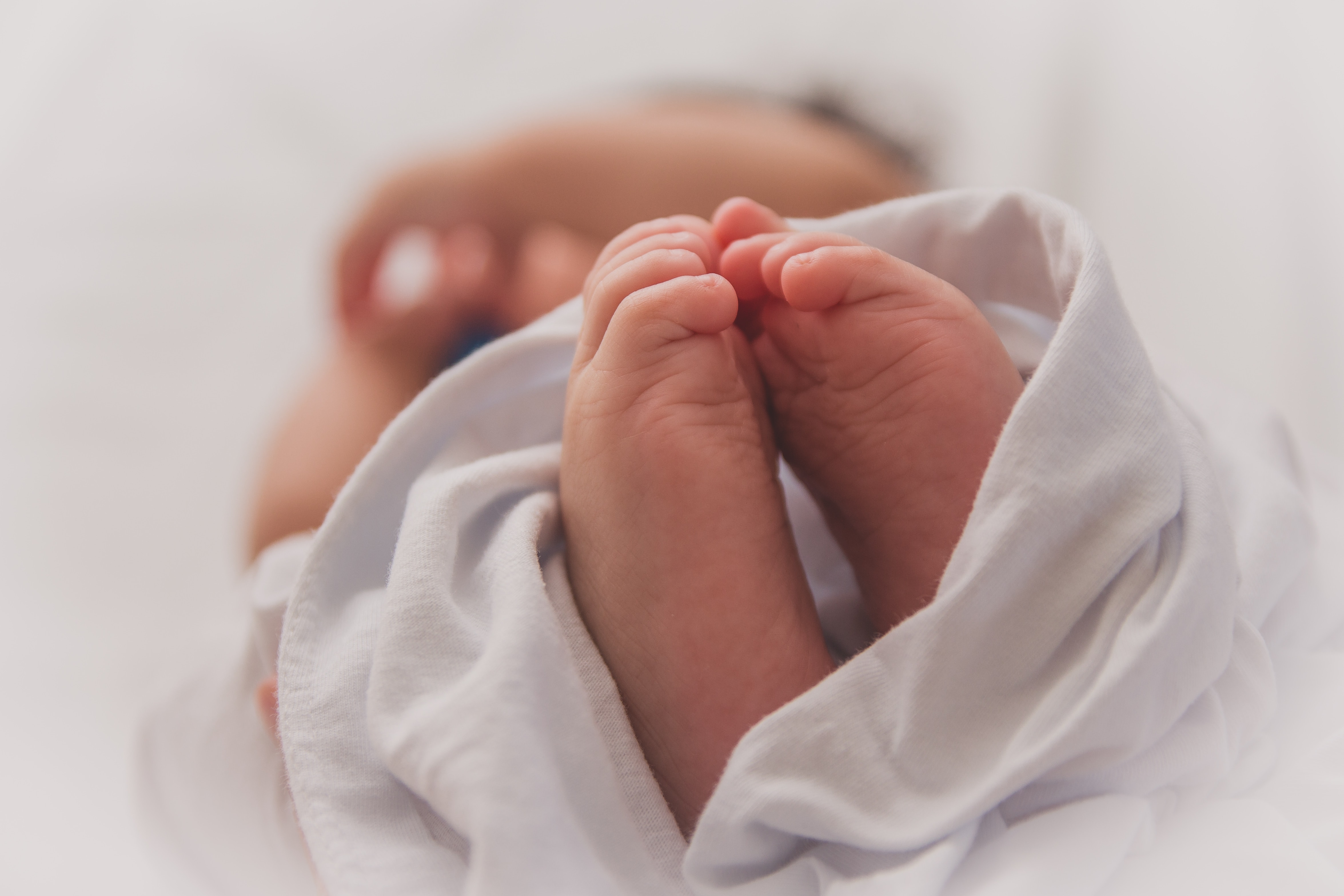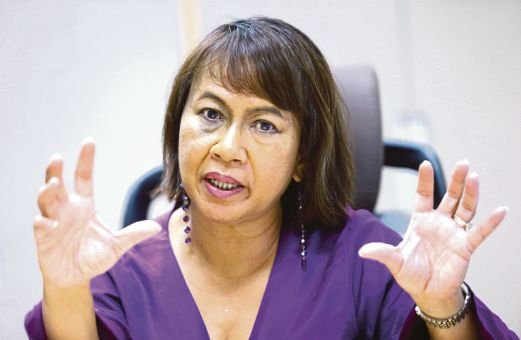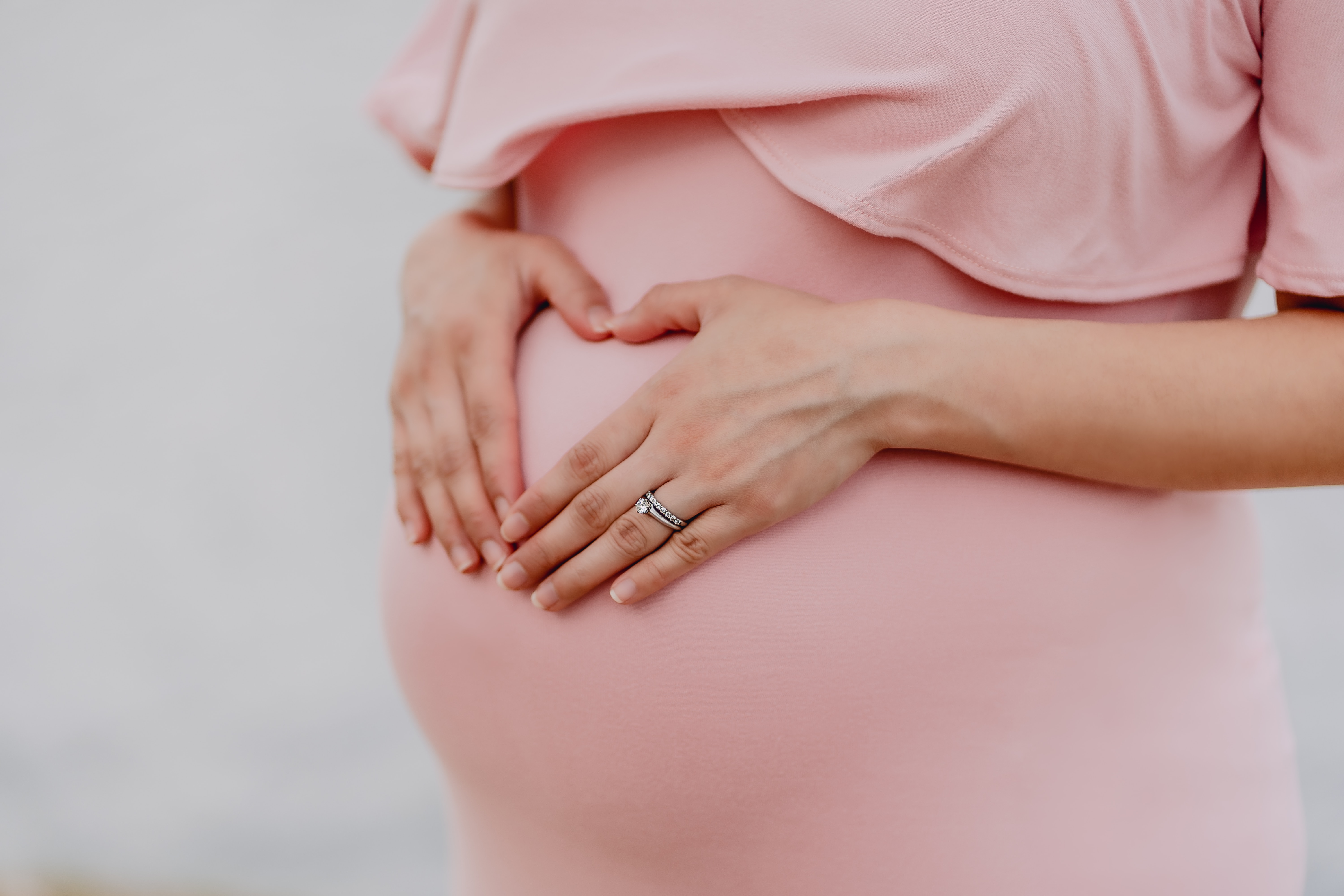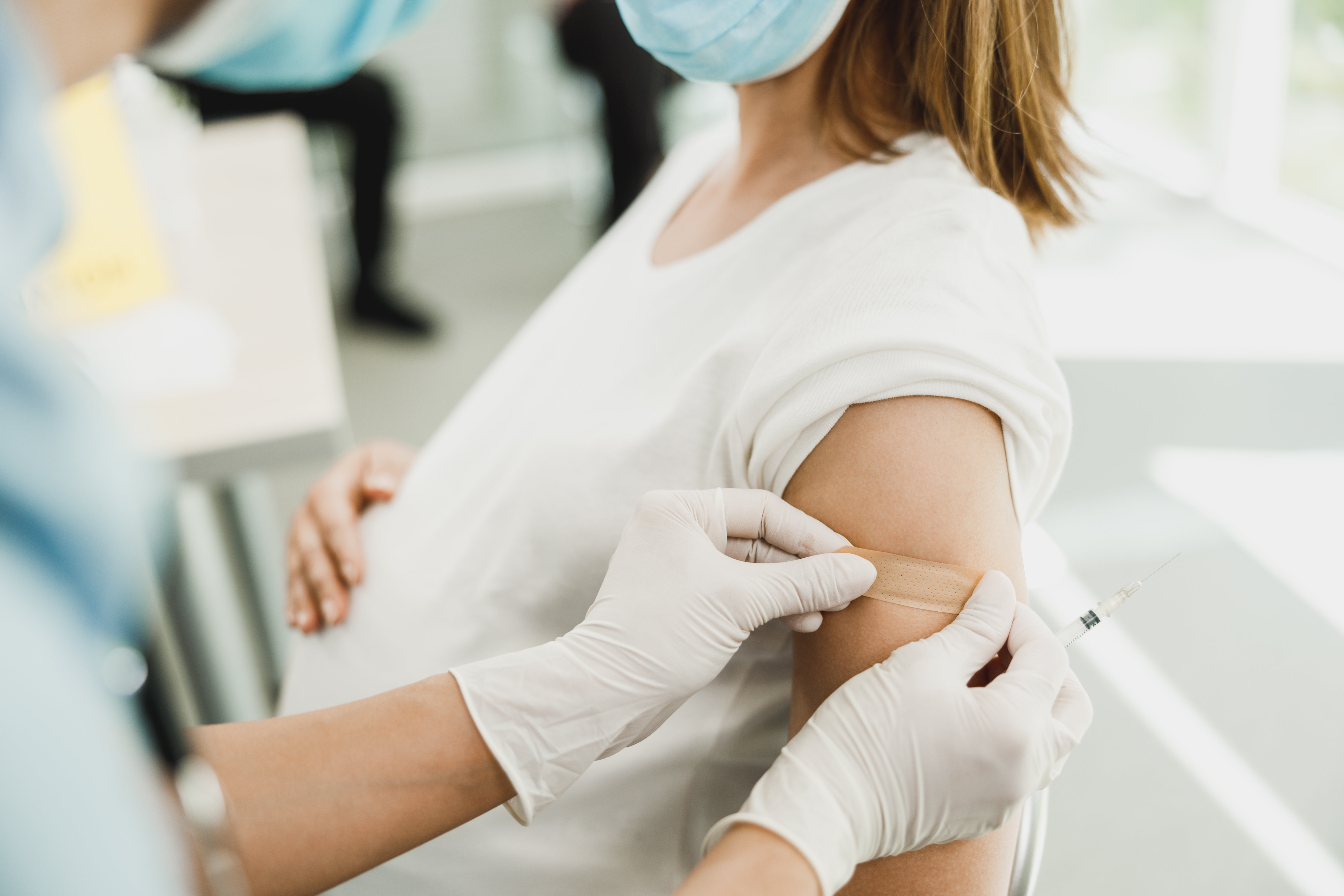Doctors Share Why It's Important For Pregnant Mums To Get The Tdap Vaccination
The vaccine helps prevent infants and newborns from getting whooping cough, even while in the womb.
In case you missed it, the Ministry of Health (MOH) announced that starting next year, the 3-in-1 Tetanus-diphtheria-pertussis (Tdap) vaccine will be included in the public vaccination programme for expecting mothers
According to an article by New Straits Times, Health Minister Dr Zaliha Mustafa said in a statement that once the initiative is implemented, all pregnant women will be given one dose of the Tdap vaccine during the second or third trimester (between 13 and 36 weeks of pregnancy) at the Ministry of Health (MOH)'s premier health facilities nationwide.
This vaccine will be free for both citizens and non-citizens.
Aiming to prevent the spread of pertussis, especially among babies below five months old, this new initiative involves an annual allocation of RM25 million, covering an estimated 500,000 pregnant women across the country every year.
"The implementation is expected to begin in 2024 after the procurement of the Tdap vaccine has been completed and the supply is made available at the ministry's health facilities nationwide. More information will be announced from time to time," said Dr Zaliha in a statement.
In her written parliamentary reply to Senator Kesavadas A. Achyuthan Nair on 19 June 2022, the Health Minister detailed how cases of pertussis in Malaysia increased considerably in 2022
According to her, after all sectors reopened following the lifting of the Movement Control Order (MCO), pertussis cases in Malaysia increased to 101 cases in 2022, from 11 cases in 2021.
As of August 2023, that number has increased again. 343 pertussis cases and 24 fatalities have been recorded in the country, with 173 cases comprising babies under five months old. As for fatalities, 19 cases comprised babies under five months old.
Dr Zaliha also stated that pregnant women who are given the pertussis vaccine can protect their babies while still in the womb, until they are born and able to complete the six consecutive combination vaccinations (diphtheria-tetanus-pertussis-polio-Hepatitis B-Haemophilus influenzae type b) outlined in the National Immunisation Programme (NIP).
For those who don't know, pertussis, also known as whooping cough, is a rising concern impacting newborns and infants
Pertussis is an infectious, vaccine-preventable disease caused by the Bordetella pertussis bacteria. It is transmitted through the air, via the spread of germs when a patient coughs or sneezes. Infecting the mouth, nose, and throat, the disease can be very serious for babies under one year old.
According to Datuk Indera Dr Nor Azimi Yunus, director of the Pahang Health Department, those who are infected will experience a prolonged cough within one to two weeks, which can last up to two months.
"Severe and prolonged coughing will cause the patient to turn blue (cyanosis) as they are unable to breathe. This could result in seizures because of the decreased oxygen supply to the brain.
"Severe complications such as pneumonia (inflammation of the lungs), encephalopathy (inflammation of the brain), and death can also occur," she said, as reported by BeritaKini.
Dr Nor Azimi added that pertussis can be prevented by immunisation, which is given to babies in Malaysia as part of the NIP at two, three, and five months, with a booster jab at 18 months. She emphasised that when a completely immunised child is infected, they will only experience mild symptoms without risk of complications.
Prof Dr Jamiyah Hassan, consultant in fetomaternal medicine in the Department of Obstetrics & Gynaecology at Hospital Al-Sultan Abdullah UiTM Puncak Alam, expressed her support for MOH's decision, outlining how important it is for pregnant mothers to get the Tdap vaccination
"As an advocate for maternal immunisation, I am heartened by the fact that the Ministry is looking to take proactive measures to enhance accessibility to relevant preventive measures. These efforts are crucial steps in reducing the risk of vaccine-preventable diseases in newborns and promoting overall child health in Malaysia," she wrote in an open letter.
According to her, while the World Health Organization (WHO)'s Expanded Programme on Immunisation initially reduced global pertussis cases, the disease is now reemerging due to waning immunity and vaccine refusal or delay.
South Asia and Southeast Asia have high neonatal pertussis burdens, with cases increasing in infants under three months, leading to mortality rates of 5.6% to 14.7% in the region. In Malaysia specifically, pertussis cases have risen for the last 20 years, with vaccine refusal rates escalating from 600 in 2013 to 1,600 in 2016.
"On-time infant vaccination to prevent vaccine-preventable infectious diseases must be emphasised, and maternal immunisation is an important strategy to reduce the disease burden of infections like pertussis," Dr Jamiyah shared.
Dr Jamiyah believes that maternal immunisation is one of the most effective solutions, as it is already widely practised in many developed countries and is a proven method to prevent illnesses and save lives
"By receiving vaccinations during pregnancy, a mother can achieve a dual advantage — boosting her own immunity and providing vital protection for her unborn child.
"The antibodies developed in the mother's body are transmitted to the baby through the placenta, giving essential protection at the time of birth and continuing to shield the child for several months thereafter, until the baby receives their own vaccinations," she explained.
She added that vaccine confidence among healthcare providers, the ability to address issues on misinformation, and the availability of vaccines on-site have a significant impact on improving vaccination rates among pregnant women in Malaysia.
In ending her letter, Dr Jamiyah once again voiced her support for the MOH's decision, as well as called for medical professionals to speak with their patients to spread awareness
"I urge my peers to actively engage in discussions with their patients and recommend maternal immunisation, thereby raising awareness and fostering acceptance of this life-saving practice, and I firmly appeal to the Ministry to sustain the momentum in reinforcing our maternal immunisation strategy.
"It is my sincere hope that we can join forces to create a healthier future for our nation's children," she shared.
